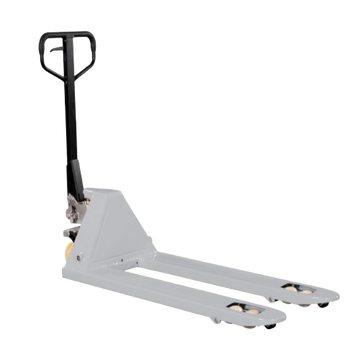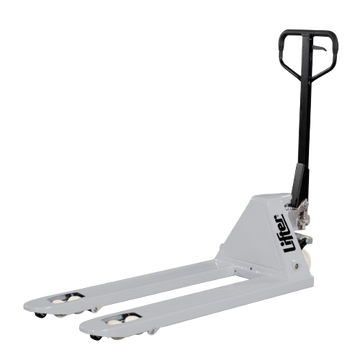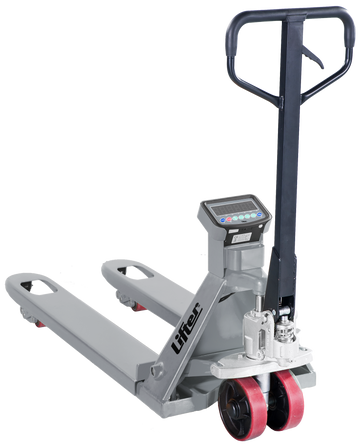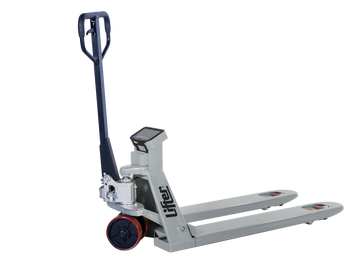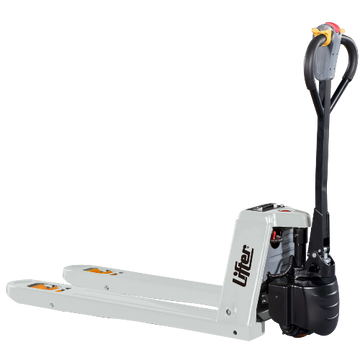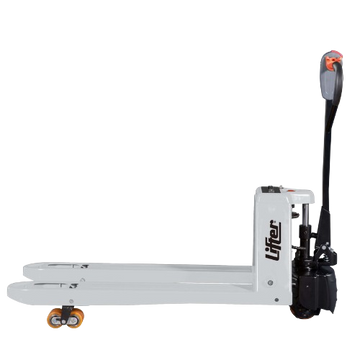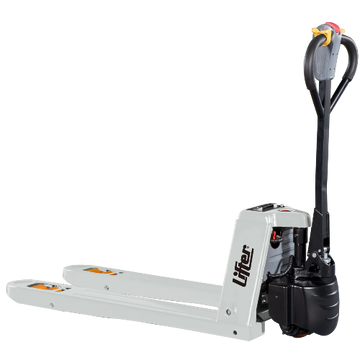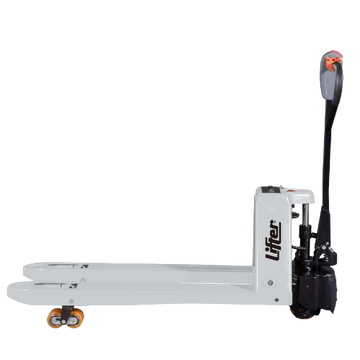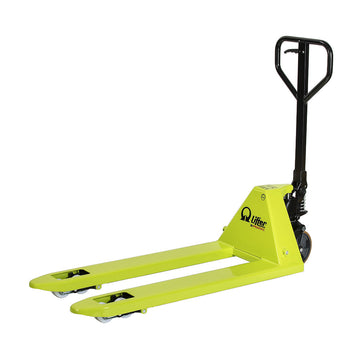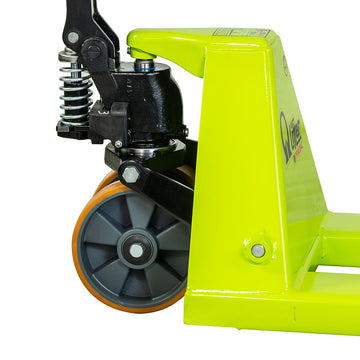Getting Your Pallet Trucks Ready for the Peak Seasonal Trade
Essential Preparation and Maintenance Tips for a Seamless High-Demand Period
Every year, the peak trading season presents both opportunities and challenges for warehouses, distribution centres, and businesses reliant on efficient material handling. As demand surges and the pace quickens, the humble pallet truck becomes a critical link in the supply chain, tasked with handling heavier volumes, faster turnaround, and often extended operational hours. To ensure your pallet trucks are up to the task, careful preparation and proactive maintenance are essential. This blog post will guide you through key steps to ready your fleet—helping you maximise uptime, minimise breakdowns, and deliver excellence when it matters most.

Why Proper Preparation Matters
With the arrival of the peak trading season—be it Black Friday, the festive rush, or summer sales—every aspect of your operation is placed under greater strain. Pallet trucks, whether manual or electric, are subject to increased usage, which can exacerbate wear and tear and expose underlying faults. Unplanned downtime at this time can be particularly costly, leading to delays, frustrated staff, and disappointed customers.
- A well-prepared pallet truck fleet ensures:
- Reduced risk of breakdowns during high-demand periods
- Improved safety for operators and warehouse personnel
- More efficient handling of increased volumes
- Greater confidence for your team in meeting targets
- Extension of equipment lifespan and return on investment
Step 1: Conduct a Thorough Inspection
- Begin your seasonal preparations with a comprehensive check of every pallet truck in your fleet. Inspections should cover:
- Wheels and Rollers: Check for flat spots, cracks, or excessive wear that can impede movement or damage warehouse floors.
- Hydraulics (for manual pallet trucks): Look for leaks, slow or erratic lifting, and proper operation of pump mechanisms.
- Battery and Charging (for electric models): Test battery health, charging cycles, and cables for any signs of reduced performance or damage.
- Forks and Frame: Examine for bends, cracks, or rust—structural issues can lead to catastrophic failures under load.
- Handle and Controls: Ensure smooth, responsive operation and check for any looseness, play, or jamming.
- Any faults discovered should be addressed immediately, either in-house if you have the expertise or via a qualified technician.
Step 2: Schedule Preventative Maintenance
- Routine maintenance is always important, but during the peak season, it becomes essential. Key tasks include:
- Lubricating moving parts to reduce friction and prevent seizing
- Topping up or replacing hydraulic oil
- Tightening bolts, nuts, and fittings
- Cleaning debris, dust, and grease that can build up in busy environments
- Calibrating lifting mechanisms for accuracy and safety
- Consider increasing your maintenance frequency during high-demand months and keep a log of all maintenance activities for reference and compliance.
Step 3: Replace Worn or Outdated Parts
- Don’t let a minor component failure disrupt your operation at the worst possible time. Proactively replace:
- Worn wheels and bearings
- Damaged forks or frames
- Ageing batteries or chargers
- Handles, controls, or switches showing signs of imminent failure
- Keep essential spare parts in stock—especially those with longer lead times—to minimise downtime in the event of a failure.
Step 4: Review and Train Staff
- Even the best equipment can be compromised by improper use. As the team may include seasonal or temporary staff, provide refresher training on:
- Safe operation of both manual and electric pallet trucks
- Correct handling and stacking techniques
- Load limits and the importance of not exceeding them
- Identifying and reporting faults quickly
- Charging protocols and battery care (electric models)
- Empowered, well-informed staff are less likely to cause accidental damage and more likely to spot issues before they become serious.
As the busy period approaches, take the time to give your pallet trucks the attention they deserve. An investment in preparation today will yield dividends in performance, safety, and peace of mind through the months to come.
If you have questions or would like further advice please contact our support team—we’re here to help you succeed this season and beyond.

